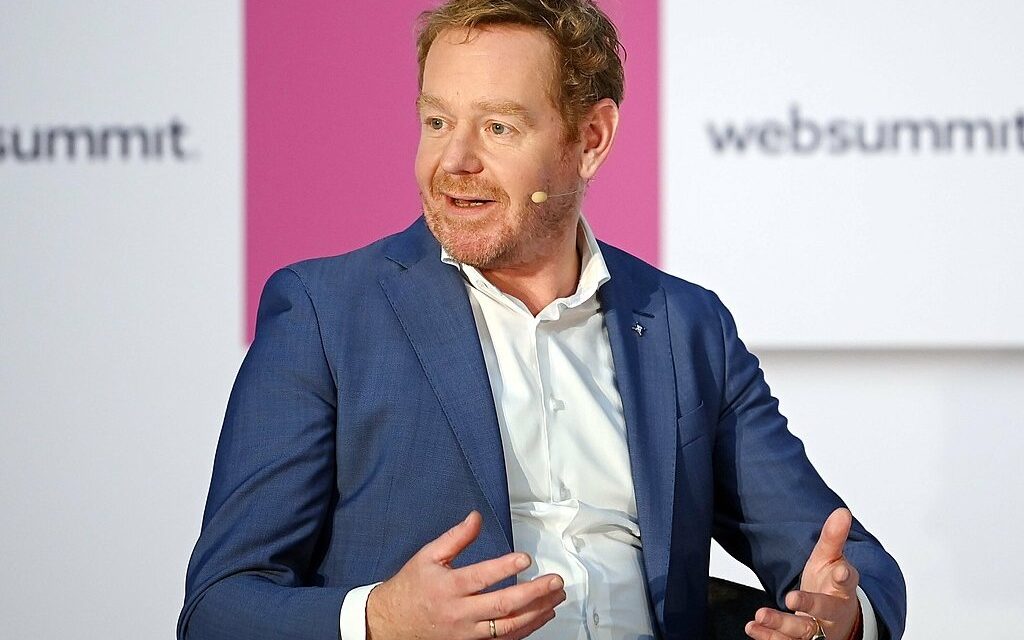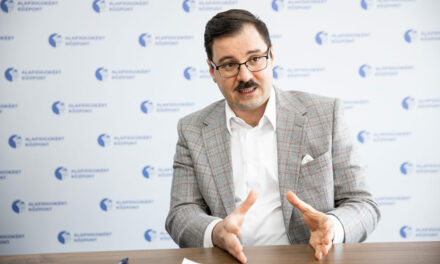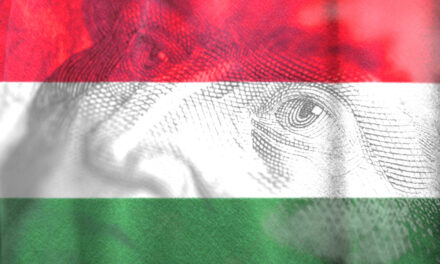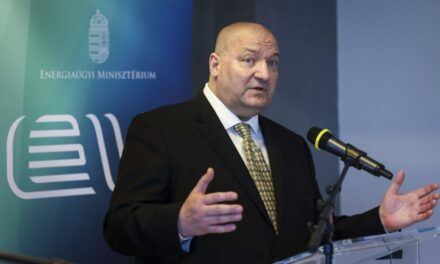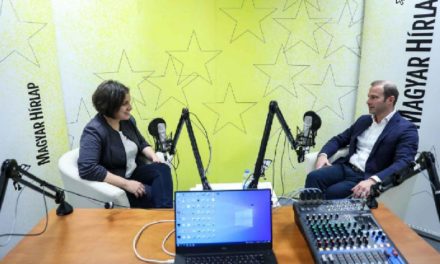Against the will of the parliamentary majority, including his own party, the People's Party for Freedom and Democracy (VVD), Dutch Justice and Homeland Security Minister David van Weel traveled to Budapest on Monday to take part in a two-day informal meeting of the justice and interior ministers of the European Union member states, which was organized by the Hungarian They are held in the framework of the EU presidency. He himself stated this to the Dutch national news agency (APN) on Monday.
In the interview, the minister stated that he traveled to the Budapest meeting putting the interests of his country first.
As he said, the agenda of the council meeting includes many topics that are important to the Netherlands, such as the strengthening of international action against migration and crime. "These are cross-border topics. The Netherlands needs the other member states to manage them. On behalf of the Netherlands, I will guide the strategic discussion that will be held tomorrow on these topics," he pointed out.
At the same time, Van Weel also emphasized that, according to the Dutch government's point of view, the Hungarian Prime Minister does not have authorization from the EU for the peace mission initiated by him.
"I will broadcast this critical message again in Budapest," he declared.
Last week, the European Commission announced that the body will only be represented at the level of senior civil servants at the informal meetings of the EU Council. The Hungarian Prime Minister's peace mission was cited as the reason for the decision, during which he visited Moscow and Beijing, among other places. Several EU member states - Sweden, Finland, Estonia, Latvia, Lithuania, Poland and Denmark - announced last week that they will only send civil servants to the informal meetings held in Hungary for the same reason.
However, the Dutch Prime Minister, Dick Schoof, already announced last week that he rejects a general boycott, and that the Dutch government will decide on a case-by-case basis whether its ministers will participate in the events of the Hungarian EU presidency. Schoof also emphasized that, in his opinion, Viktor Orbán made it clear that the criticized meetings were organized on a bilateral basis, and that he did not represent the EU in his travels.
The Dutch Prime Minister's announcement was also criticized by the two parties of the four-party coalition government, the VVD and the New Social Pact (NSC). Representatives of these parties believe that the Netherlands should follow the steps of the European Commission. Several opposition parties in the Dutch parliament criticized the cabinet's decision.
MTI
Photo: Stephen McCarthy/Wikipedia

